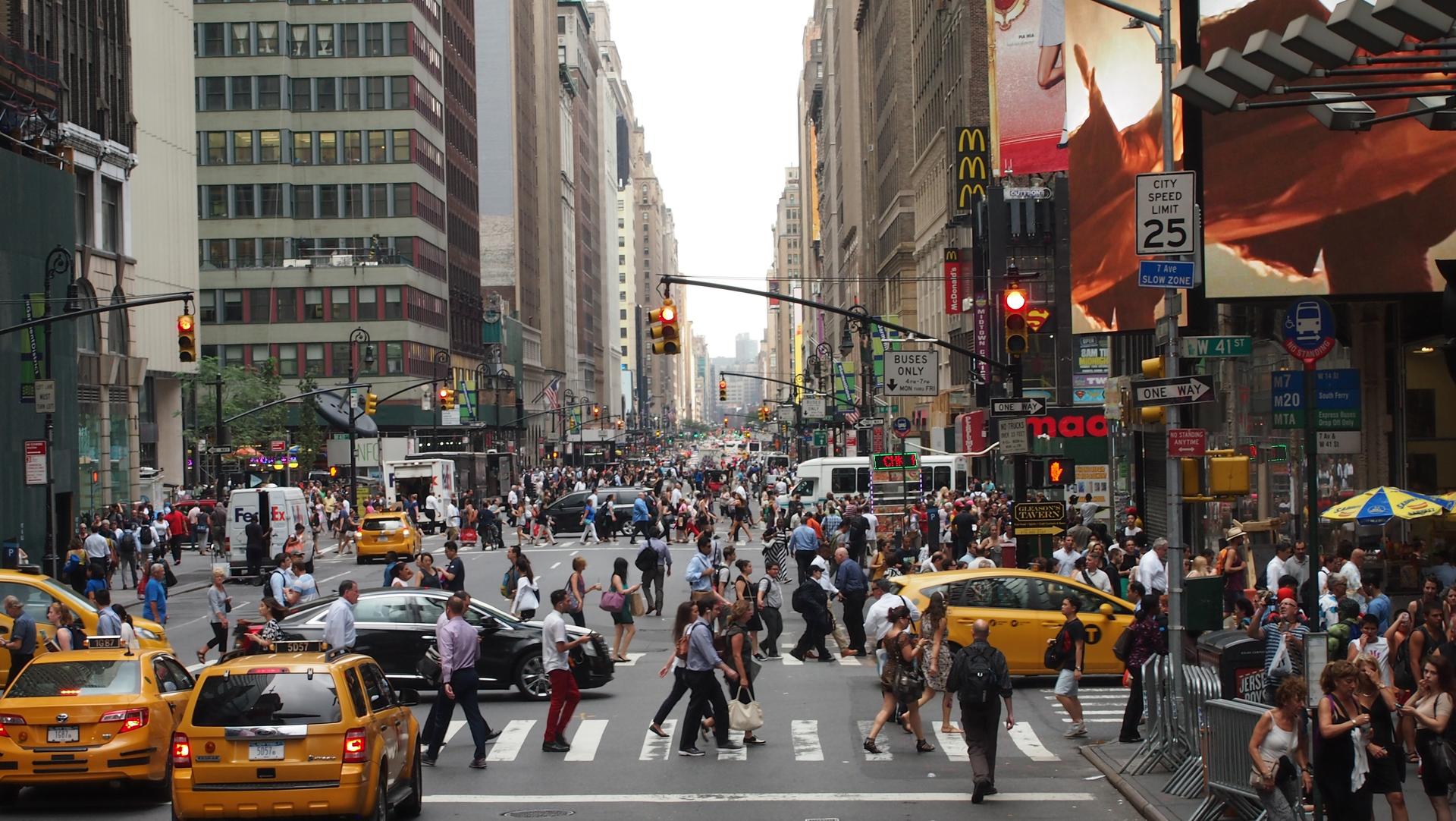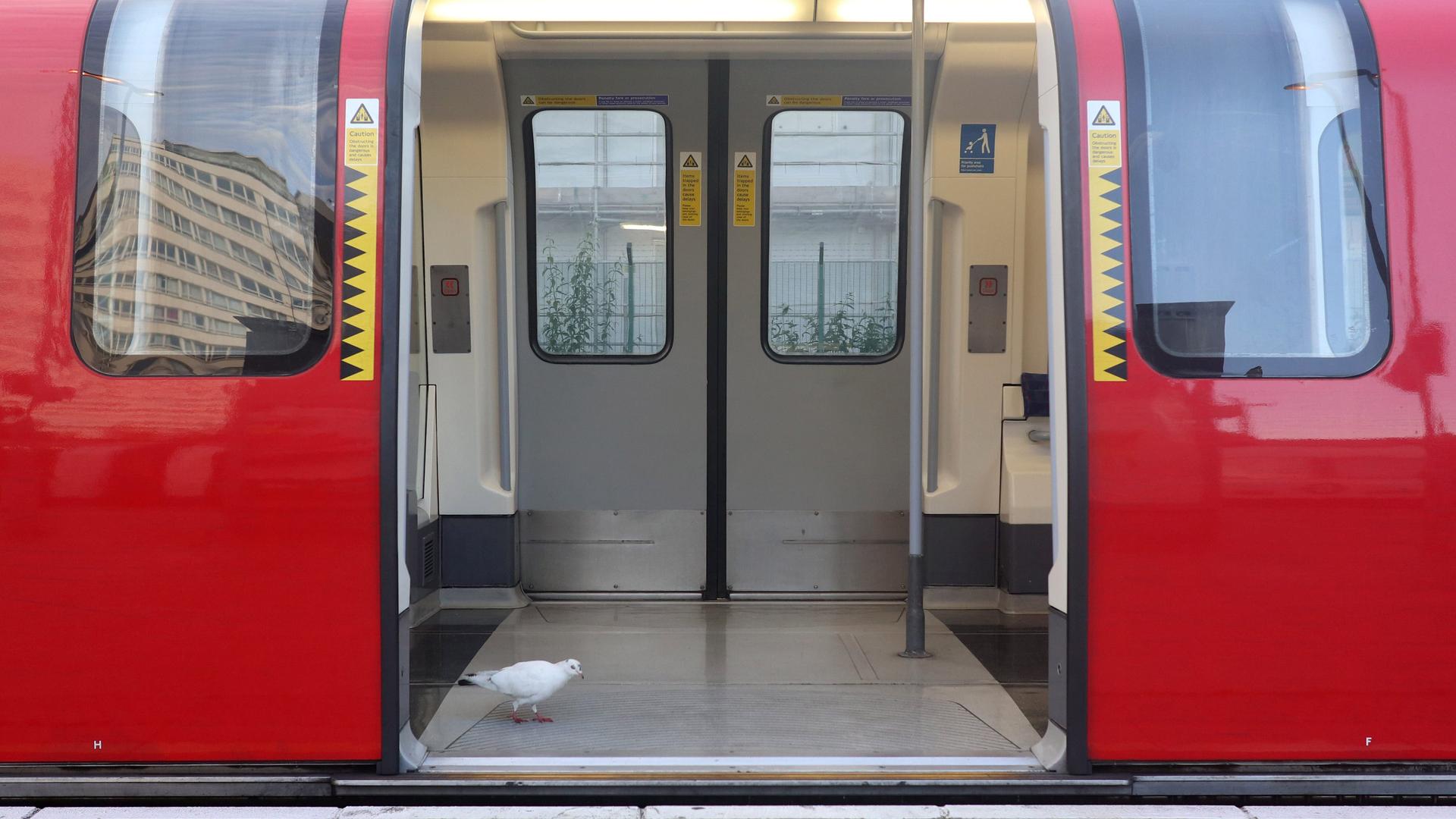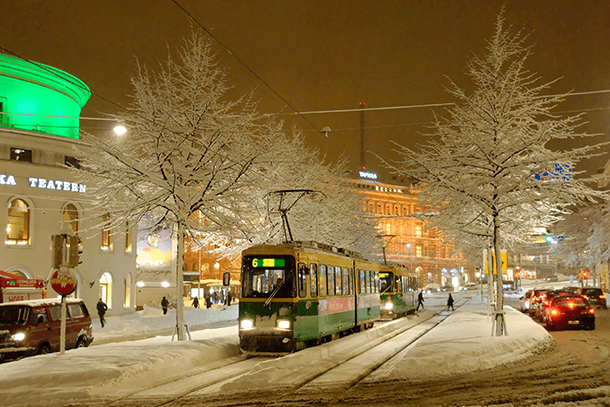Traffic congestion
We want to hear your feedback so we can keep improving our website, theworld.org. Please fill out this quick survey and let us know your thoughts (your answers will be anonymous). Thanks for your time!
Cycling in Sao Paulo presents difficult, deadly, problems
Sao Paulo is a city stuck in traffic. Gridlock sets in during rush hour. The quickest way to get around the city is by bike, but it’s incredibly dangerous. Few people bike, and those who do are always in danger of being struck by a speeding, or merely passing, automobile.
Ferry Tale
Jeff Hoffman reports from San Francisco on a proposal to vastly expand commuter ferry service on San Francisco Bay. The plan is an attempt to relieve highway congestion and auto air pollution by getting thousands of commuters off the region’s highways. But, it has run into unexpected skepticism from some environmentalists.
Subscribe to The World’s Latest Edition podcast for free using your favorite podcast player:


